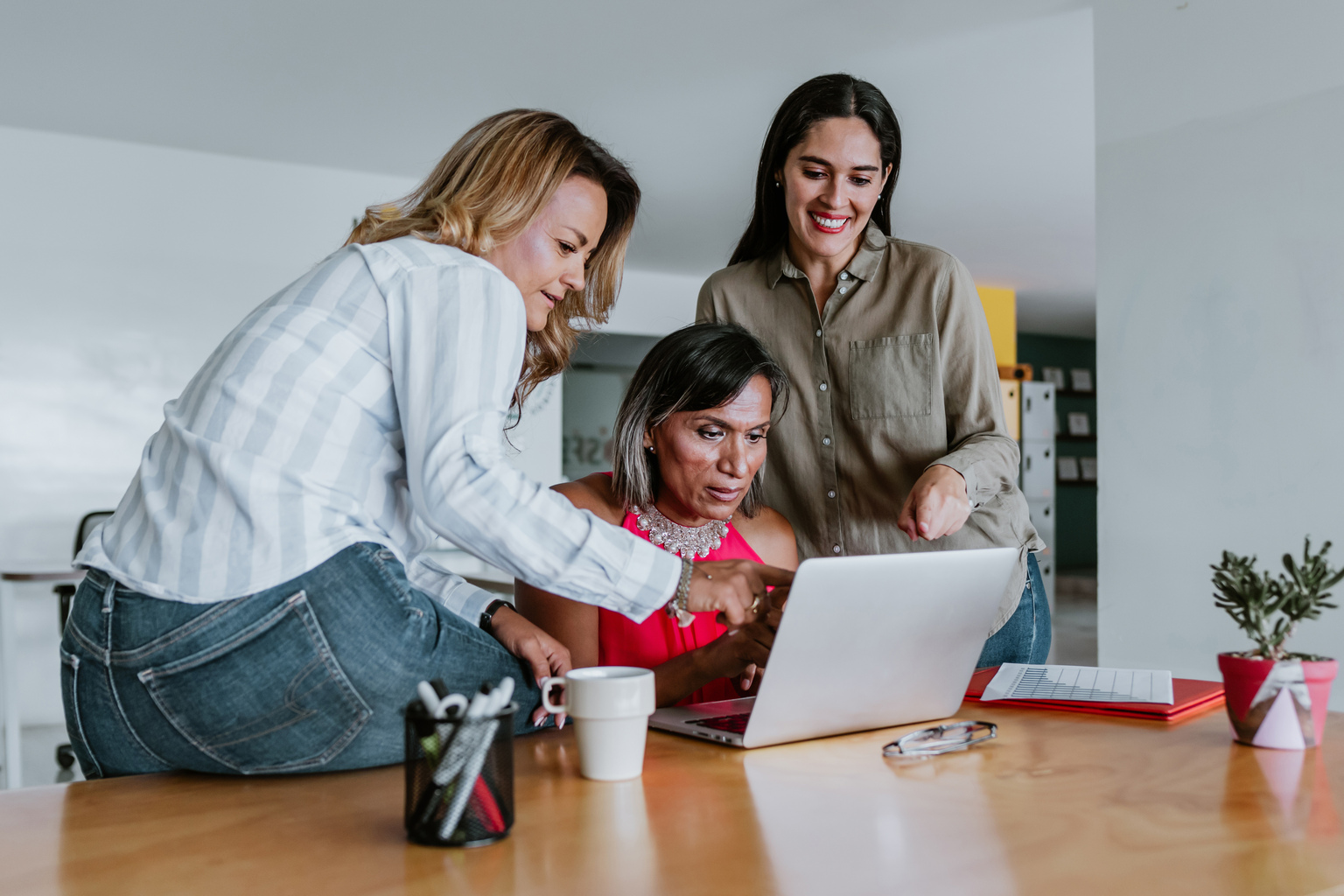The COVID-19 pandemic has exacerbated health disparities in ways that are only just beginning to become clear.
The U.S. Government Accountability Office (GAO) has already found that Hispanic and Black populations are hospitalized for COVID-19 at nearly three times the rate of White patients – on top of these communities’ higher risk of cardiovascular illnesses, established well before the pandemic along with higher rates of cancer and lower life expectancies.
But physicians have a growing opportunity to help turn these numbers around. While the pandemic has brought life-altering challenges for healthcare workers, we are making even more headway in creating a healthcare system that improves patient lives. It all starts with a refreshed approach to patient engagement that supports equitable outcomes and reduces variation in care.
The physician perspective on health equity
The American Academy of Family Physicians (AAFP) acknowledges the importance of social determinants of health in working toward better health equity. The organization’s Healthy People 2020 definition of health equity explains that achieving “the highest level of health for all people…requires valuing everyone equally with focused and ongoing societal efforts to address avoidable inequalities [and] historical and contemporary injustices.”
While physicians can work to mitigate inequities by engaging with their local government, businesses, educational systems and social service providers, they can also start with the patients and communities they work so hard to support. Make space to examine the way you currently engage with patients today. A few tactical, meaningful adjustments can make a world of difference in marginalized patients’ experience in the exam room.
1. Understand your risk in contributing to disparities
While racial, gender and other health disparities can be due to systemic issues, they have also historically been connected to physician behavior and attitudes — meaning physicians will need a solid understanding of their own conscious and unconscious biases to make progress toward health equity. A landmark study based on data from the California Health Interview Survey found that a patient’s race or ethnicity can influence physician interpretation of patient complaints and clinical decision-making, including referrals for treatments or procedures.
Judgmentalism is a persistent challenge in advancing health equity. The American Medical Association Journal of Ethics highlights a case of a Spanish-speaking woman with end-stage renal disease: She had come to the emergency department four times in six months because of missed hemodialysis appointments. During each visit, she presented generally with electrolyte abnormalities, fluid overload and ominous electrocardiogram changes. Rather than asking why she was missing her hemodialysis appointments, her physicians documented her as “noncompliant”.
As it turns out, she was responsible for a grandchild who also had a kidney condition, making it nearly impossible for her to travel between dialysis sites. The fix was simple: change the site where she received her dialysis to the same one where her grandson was getting care.
When clinicians skip exploring the “why” around patient decisions, they risk those patients’ health and create additional work for already overloaded healthcare workers. By simply taking the time to develop and operationalize clinical empathy, issues can be resolved much earlier in the patient journey and save healthcare resources.
2. Reexamine your educational materials
Patient consumerization is in full effect. The educational content that your patients receive plays a critical role in empowering them to be as healthy as possible. Examining your current materials and asking how different groups of patients engage with them can yield practical guidance. A 2021 review of 20 years of patient education materials found that educational materials at the eighth-grade level were the most widely readable. But readability is just the start.
Different groups may have preferences for different types of communication. The majority of Latin American immigrants have a mobile phone, for example, and Latin American parents have demonstrated high rates of engagement and interactivity with Spanish-language text sequences from their children’s pediatric care providers. Carefully considering your modes of outreach helps key messages reach vulnerable populations and eases the burden of communication on individual physicians.
3. Center social determinants of health in your communications
As physicians plot a path forward, they will benefit from understanding how social determinants of health should influence their communication.
“Poor communication is a failing of the health system, not patients,” writes the Brookings Institution. Patient compliance is only achievable if hospitals and systems offer communication tools that reduce inefficiency and frustration.
Physicians should take fundamental steps like using interpreters when appropriate, but will need to be aware that critical information can still be lost in the process. Additionally, know that communication is more than just language. Everything from eye contact to cultural literacy is part of the conversation. Providers can benefit from approaching interactions from a position not of cultural “competence” but of cultural “humility”.
Stakeholders suggest that communication should be regarded as its own social determinant of health. A study of the American public’s response to COVID-19 found that African American and Hispanic adults were much less likely than their White counterparts to have received critical information about the spread and treatment of the disease.
4. Implement changes in your clinic
Advancing health equity is a monumental task, but with intentional and empathetic actions, physicians can make small steps every day that could directly impact their patients’ lives.Healthcare equity must be a strategic priority — one that starts with a culture that confronts institutional racism, homophobia and transphobia, ableism, misogyny, classism and ageism. This learning process must be a priority for leadership in order for physicians and other providers to have the best possible experience.
Hiring a diverse leadership and staff, empowering members of your team to serve their communities, can make bridging cultural barriers much easier. A 2018 study found that Black physicians were more than 50% more effective than non-Black physicians in encouraging Black male patients to access preventive vaccinations and tests. Regardless of staff demographics, all physicians should be encouraged to be culturally humble and invested in the unique needs of their patients.
Your work in health equity also shouldn’t be a guessing game. There is currently no national standard for capturing data or assessing equity. But by supporting initiatives that invest in data infrastructure, stratify process, and outcome measures by subpopulation and target specific subpopulations, physicians can lead the charge in leveraging data to turn the tide on health disparities.
5. Connect with the bigger picture of health equity
Physicians fighting health inequity should know that they aren’t alone. Partnerships with community assets and “third places” — public libraries, religious institutions and even barbershops that are neither home nor the doctor’s office – can yield powerful results. For example, a report by American Muslim Health Professionals (AMHP) found mosque-based clinics were pivotal in supporting underserved Muslim populations. Health and housing partnerships can also be powerful in supporting care coordination and improving quality of life for patients with complex health conditions who are also facing housing instability.
Providers can also join health equity initiatives at the national level. The Center for American Progress (CAP), for example, is addressing a shortage of mental health providers by equipping interested nurse practitioners and physician assistants with the tools to take on psychiatric duties.
Making advancements towards more equitable care is a monumental task, but with intentional and empathetic actions, clinicians can make small steps every day that could directly impact their patients’ lives.
Explore Wolters Kluwer’s stance on health equity and explore our portfolio of solutions to support population health initiatives, reducing variation in care, and improving patient outcomes.




